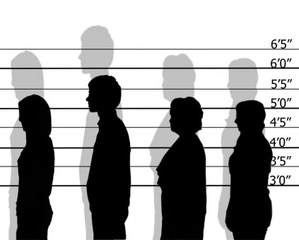Talking About (and With) an Artificial Intelligence Being

AI – i.e., artificial intelligence – is no longer fodder for science fiction. It’s here and it’s now. And thanks to the most recent iterations, it is the subject of many of my conversations.
In the last two days, AI came up in a discussion I had about career planning with two college-age kids of one of my BJJ teachers. They were excited about how rapidly AI is developing, but worried about the changes it will create. AI was also the subject of a conversation I had about education with fellow board members of a local university. They, too, were both amazed by it and fearful of it.
And for good reason. For decades, we’ve been told that AI will never be able to achieve high-level thinking. It can compute better than the human brain but lacks the ability to intuit.
I changed my opinion when I had my first experience working with AI in real time. I asked an AI being to write a 300-word advertisement for a natural ingredient to reduce benign prostate enlargement. It began to produce the ad within seconds of confirming my request, and it had the whole thing finished in less than 30 seconds. The speed was astonishing. And the quality of the content was not bad.
Since then, I’ve read reports about AI being used by students, teachers, and workers in just about every subject matter you could imagine – from math and science to literature and art to business and investing, And it can do much more than mere research. It can solve problems. It can create programs. It can accomplish softer skills such as songwriting and poetry writing.
Ten years ago, every conversation I had about AI ended with some form of, “But it will never be able to replicate the human brain’s capacity to emote and intuit.” But today, there is a growing body of evidence – mostly anecdotal, but that’s still evidence – that AI can develop emotionall intelligence. And it may be just a few years away from happening!
Click here to read an illustration of that – a conversation between a NYT reporter and Bing’s AI Chatbox.
 MarkFord
MarkFord





